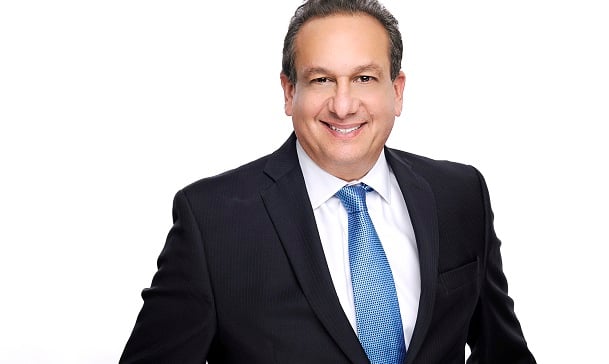WASHINGTON, DC—During the government shutdown at the beginning of the year, not only did essential and not-so-essential services go unfilled, but also essential rules making and regulatory hearings—including a US Treasury Department hearing on additional regulations for Opportunity Zones that would further clarify how they are to be structured.
The Treasury Department has rescheduled the hearing for this week, to the relief of parties interested in investing in these zones. Time, in short, is running out for investors that have a capital gains for the tax year 2018 and want to make an investment, according to Stevan Pardo, Chair, Construction, Hotel and Litigation Groups of Pardo Jackson Gainsburg in Miami. The law, as it is understood right now, gives investors a six month window to make an investment for those gains, he tells GlobeSt.com.
Conceivably investors can create an Opportunity Zone and invest in it but it would have to be a simple structure that may not be able to take into account some of the items that are still under debate, Pardo says.
There was a surge of interest in Opportunity Zones after the last release of Treasury guidelines on the subject last year but there are still many more waiting on the sidelines for additional information, Pardo continues. “They are prepared to move forward but they want to see the final regulations.”
Some issues that Pardo says are important to resolve ASAP:
- How to interpret or define substantial improvement.
- The extent to which carried interest will be recognized by the regulations. Right now the partner putting in the sweat equity—the developer—does not know to what extent it will get the benefit of deferral and appreciation of the asset and the forgiveness of the tax after ten years, Pardo says. This applies, obviously, to transactions that are based on carried interest criteria and not on the percentage of ownership or capital invested. “The developer will definitely get the benefit up to the cash they put in,” Pardo says. “But anything beyond that, is not clear.”
- How to structure transactions with a related party—that is, an investor that owned the property pre-2018 and continues to have an interest in the property after it is sold to an Opportunity Zone fund. The industry wants to ensure that the regulations actually allow this and that the investor can take full advantage of regulation's tax benefits, Pardo says. “There needs to be clarity in how that investor will take full benefits of the capital gains and to provide for benefits under tax law going forward under appreciation.”
Want to continue reading?
Become a Free ALM Digital Reader.
Once you are an ALM Digital Member, you’ll receive:
- Breaking commercial real estate news and analysis, on-site and via our newsletters and custom alerts
- Educational webcasts, white papers, and ebooks from industry thought leaders
- Critical coverage of the property casualty insurance and financial advisory markets on our other ALM sites, PropertyCasualty360 and ThinkAdvisor
Already have an account? Sign In Now
*May exclude premium content© 2025 ALM Global, LLC, All Rights Reserved. Request academic re-use from www.copyright.com. All other uses, submit a request to [email protected]. For more information visit Asset & Logo Licensing.









